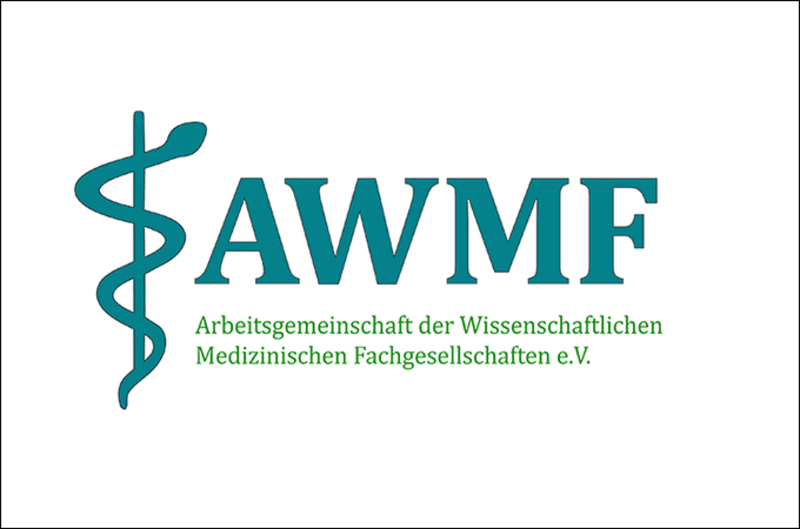AWMF warns of cuts in the innovation fund
The Association of Scientific Medical Societies (AWMF) expresses sharp criticism of the Federal Ministry of Health’s austerity plans for the Innovation Fund. According to the AWMF, the planned halving of funding from 200 to 100 million euros from 2027 jeopardizes the development of medical guidelines and health care research projects, which are central to high-quality health care.
The Innovation Fund, which was set up to promote innovative forms of care and, since 2020, has also been responsible for the development of evidence-based guidelines, is facing a temporary cut. This measure is intended to relieve the burden on the federal budget, but has a direct impact on projects that improve patient care. In the past, the funds for guidelines have been fully exhausted, as they make a significant contribution to quality assurance alongside research initiatives. The AWMF is therefore calling for the full funding amount to be made available again by 2027 at the latest in order to secure innovative and patient-centered approaches in the long term.
Prof. Rolf-Detlef Treede, President of the AWMF, emphasizes the risks of such a restriction. The reduction could lead to a noticeable impairment of the quality of care, especially since guideline projects are usually supported by professional societies on a voluntary basis and are only partially funded. Many developments are based on unpaid work, but the funding covers significant costs for evidence research and coordination.

Prof. Kopp, head of the AWMF Institute for Medical Knowledge Management (AWMF-IMWi), underlines the systemic benefits. Guidelines enable more effective and cost-effective care by providing evidence-based recommendations for everyday clinical practice. A cut here would save at the wrong end and ultimately disadvantage patients, as the health system as a whole benefits from these investments. The AWMF-IMWi supports guideline groups by providing advice, facilitation and tools to ensure high-quality standards ã a process that could lose quality without sufficient resources.
Funding is provided by the Federal Joint Committee (G-BA) and the Federal Ministry of Health (BMG), which prioritises topics such as rare diseases or complex areas of care. The AWMF regularly proposes priorities to close gaps in the evidence. In 2025, ongoing announcements for funding applications are still running, but the reduction from 2027 casts a shadow on future calls.
The AWMF sees the reduction as a one-off measure, but warns of permanent damage. It appeals to decision-makers to recognise the importance of the fund for the resilience of the health system. Without stable funding, interdisciplinarity and updating of guidelines could suffer, which would have a negative impact on patient-centered medicine. The professional societies emphasize that voluntary contributions alone are not enough to meet the need for high-quality guidelines.
This conflict reflects broader debates about fiscal discipline, but experts warn that investments in knowledge management are essential for future-oriented care. The AWMF plans to continue to defend its position in dialogues with politics and administration in order to secure funding in the long term.
PREVIEW: The German Congress of Laboratory Medicine (DKLM) 2025 promises exciting insights into the interface between science and clinical practice. Under the motto “Science for Precision Medicine”, the German Society for Clinical Chemistry and Laboratory Medicine (DGKL) and the Umbrella Association for Technologists and Analysts in Medicine Germany (DVTA) invite experts from research, clinics and industry to meet on October 23 and 24 at the Congress Center Leipzig (CCL). The two-day event is aimed at laboratory physicians, biomedical analysts and decision-makers to discuss current advances in diagnostics and strengthen networks. The ceremonial opening of the congress will take place on 22 October with the presentation of the MedLabAwards in the Salles de Pologne.
Editor: X-Press Journalistenbû¥ro GbR
Gender Notice. The personal designations used in this text always refer equally to female, male and diverse persons. Double/triple naming and gendered designations are used for better readability. ected.




